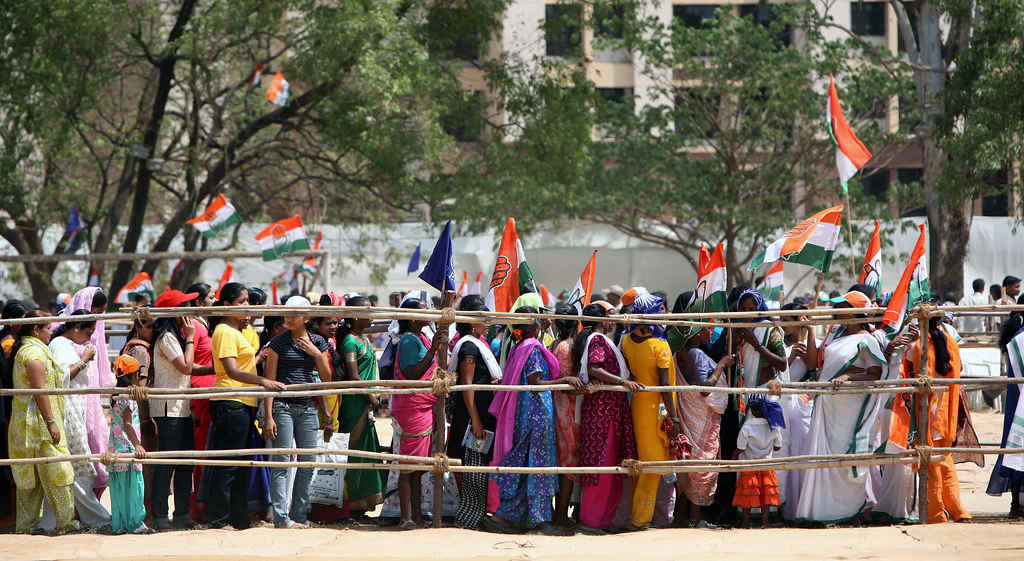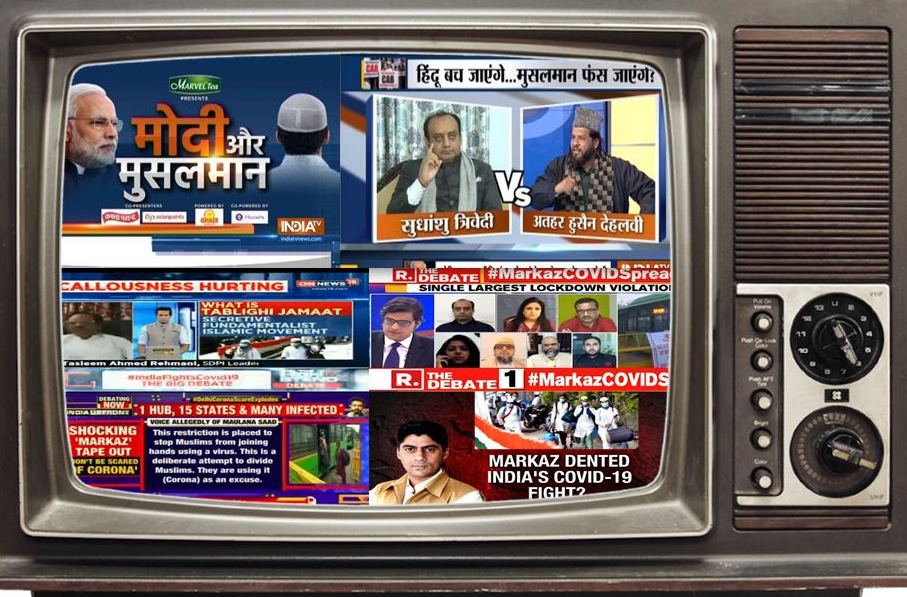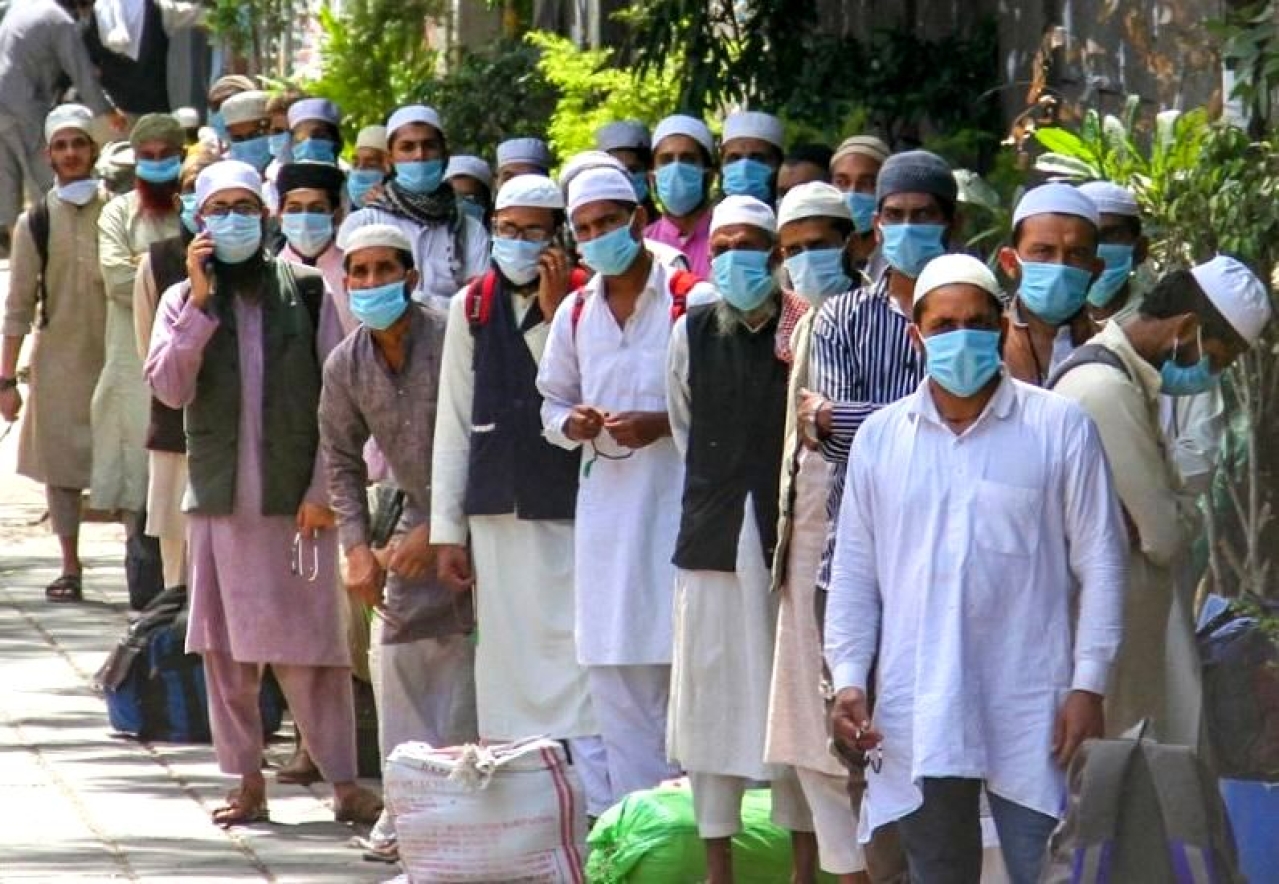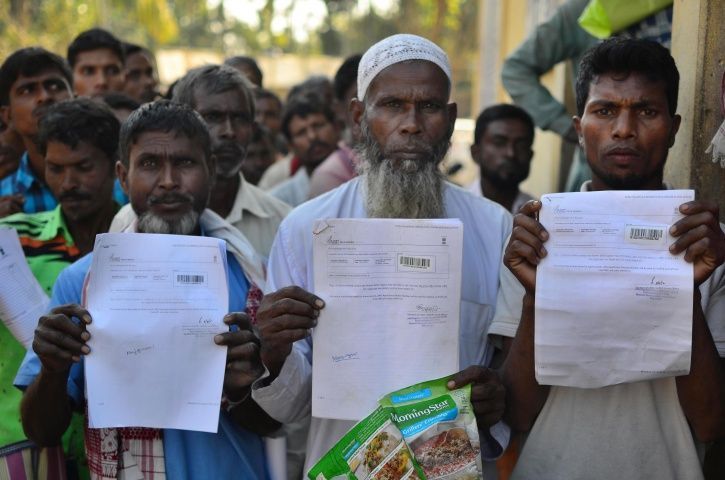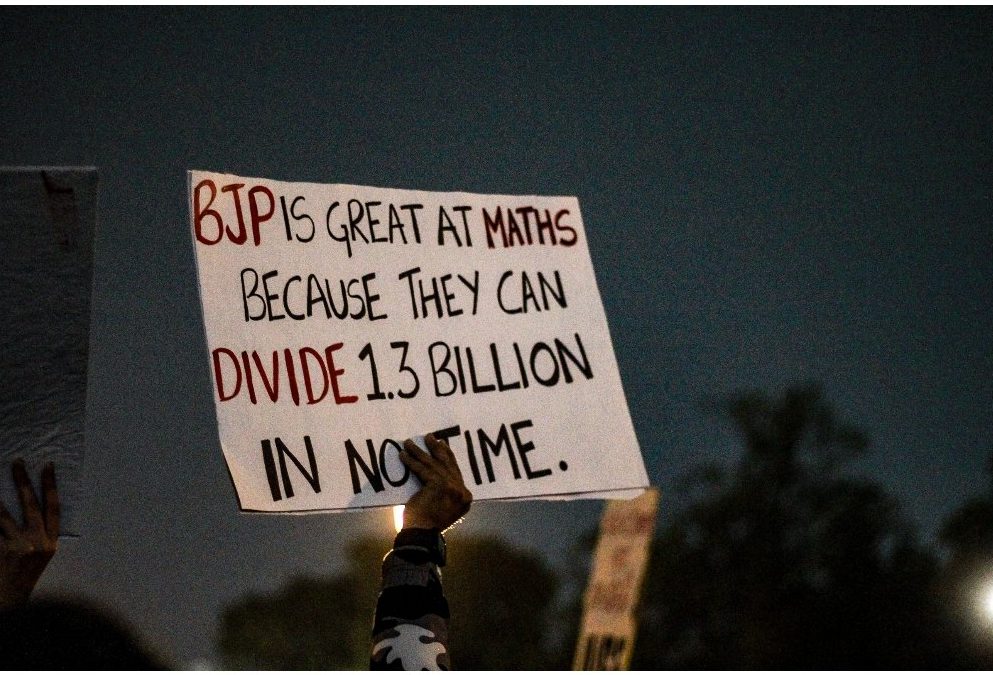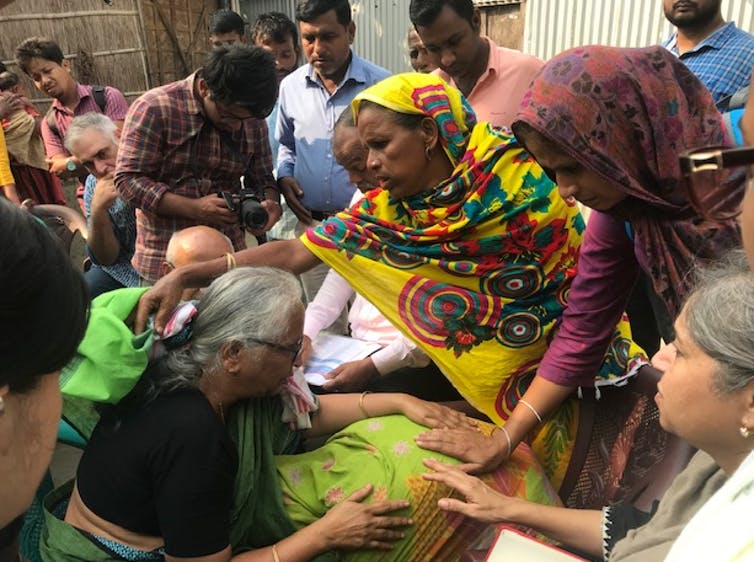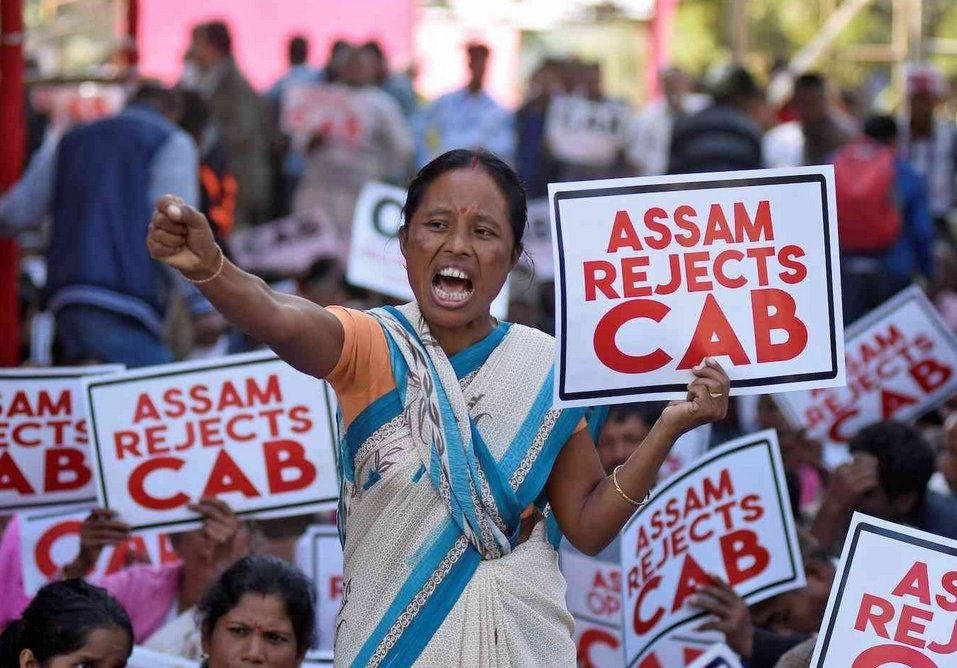
26th November,1949 was the auspicious day when the Constitution of India was adopted, thereby providing flesh and blood to the independence achieved in August 1947. For a country ridden with lines of division and difference, the Constitution became the beacon of unity and hope for all. It nurtured a sense of belongingness with responsibility in each citizen. Such reverence and authority projected by the provisions mentioned in what is known as the ‘longest written Constitution’ is derived from the supreme significance it places on each ‘individual’ of the country. This individual, thus, becomes a cornerstone in the ideation of power and authority.
The significance of an individual and his/her conceptualisation of power has in fact, led me to question, “What are the principles which makes this idea of power, empowering for all?” Power as we know, is often conceived as a ‘relational’ category. For instance, all three wings of our Government: the Legislature, Executive and the Judiciary derive their effective legitimacy from citizens who have entrusted them with the power to legislate, execute and interpret the democratic functioning. In fact, it is the principle of ‘Democracy’ which has provided a blueprint to transform ‘Power into Empowerment’ of every Citizen. Therefore, when we recall and celebrate the adoption of our Constitution, we need to introspect, whether we have been able to imbibe and evolve it’s basic tenets of democracy, citizenship and empowerment? What role does each individual play in meaningfully defining these principles? and Have we sufficiently done our part?
These questions become a pressing concern especially in the backdrop of rapid changes occurring in every paradigm of the world system(s). It would not be an exaggeration to say that we have entered the age of “Heraclitian State of Flux”. As a country we are in a phase of deliberating: ‘What is the meaning of education and integrity of the nation? How can climate change be tackled? Who can become a citizen? Why should India play a proactive role in ensuring ‘rule of law’ in multilateralism? Where does India’s promise of pluralism emanate from? This entire spectrum of concerns have one thing, one entity in common which will be affected and one idea demanding to be revisited, that is, the ‘Individual’ who is a part of the society and it’s institutions—be it economic, educational, political or legal. Besides being part of the institutional framework, the individual also forms the essence of a ‘civil society’. As a member of the civil society, he/she plays an instrumental role in conceptualising the collective identity, vocabulary and vision for the country and world around. However, to exercise this quintessential role, each individual needs to have a space for ‘Free Thinking and Becoming’. This space has become immensely vulnerable in the age “Manufactured Consent”. With media of all sorts pervading our day to day activities and it’s necessity premised on efficacy has become an intrinsic element of our decision making process. Does this imply, ‘Individuals’ were better off a couple of decades ago when life was mainly and to an extent only, conceptualised by ‘Paper and Pen’ instead of ‘Tablet and Keyboard’? The answer is possibly both, yes and no. Yes, because, the absence of tools to create, interpret and circulate data was limited by borders of sorts and No, because, these borders or limited access to the tools of creation, interpretation and circulation did not entail the existence of ‘Free spaces of Thought’. Our beliefs, ideas and ideologies are of course, not bereft of our surroundings and tales of history. But they are also not limited to them. In fact any decision making process/thought has an element of past, present and future. Hence, the rarity of finesse to strike a balance among these elements, makes the preservation of ‘Free spaces of thinking’ a work in progress.

My arguments so far may seem to have a dialectical approach to every issue, thus reminding one of, ‘Bertrand Russell’s enigmatic question about— What is after all the ‘tableness’ of the table? And it is on similar lines that my personal anxiousness arises when I think about recent incidents like, “Why is questioning stalled or seen as a threat to ‘Law and Order’ when exercised by unarmed peaceful congregation of students and citizens? Whether the dream of 5 trillion dollar economy will ensure that a tribal child in the State of Jharkhand and in others, does not die of hunger anymore? Are ‘smart boards, smart classrooms or smart cities’ delivering the promise of quality and accessible learning, water, sanitation and shelter? or How ‘Surveillance and Preventive Detentions’ in the name of ‘Security and Peace’ maintain the promise of ‘Independence’ for Citizens of the Largest Democracy in the world? It is perhaps, the “Best of Times and the Worst of Times” for all of us to ponder upon.
Sneha Panna is pursuing her Masters at the Centre for the Study of Social Systems, Jawaharlal Nehru University, New Delhi.



